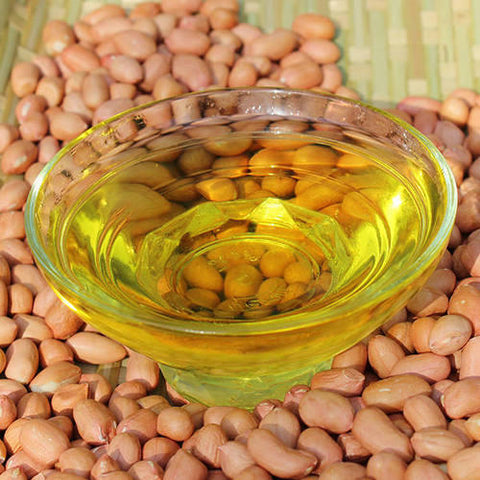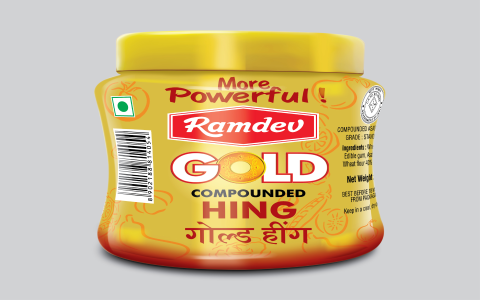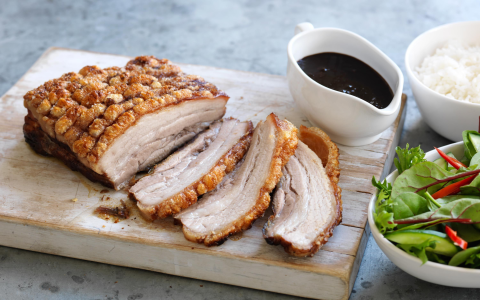Why Look for a Good Substitute for Peanut Oil?
When it comes to culinary oils, peanut oil has long been a cherished choice due to its rich flavor and high smoking point, making it excellent for a variety of cooking methods, from sautéing to frying. However, not everyone finds peanut oil suitable; whether due to allergies, a desire for variety, or different flavor profiles, finding an alternative is not merely a preference but a necessity for some.

Exploring Alternatives: What Makes a Good Substitute?
Choosing a substitute for peanut oil isn’t just about replacing one oil with another. Here are several factors to consider:
-
High Smoke Point: Essential for stir-fries or deep frying, you want an oil that can withstand high temperatures without breaking down.
-
Flavor: Peanut oil imparts a distinct but subtle nutty flavor. Matching this flavor profile or complementing the dishes with a different taste is key.
-
Nutritional Profile: Each oil brings its unique set of nutrients. Assessing the health benefits or potential drawbacks can guide your choice.

Best Substitutes for Peanut Oil
-
Avocado Oil: Avocado oil is renowned for its high smoke point, around 520°F (270°C). It’s also a good source of monounsaturated fats, vitamin E, and it has a mild, avocado-like taste that doesn’t overpower dishes. Perfect for high-heat cooking!
-
Grapeseed Oil: With a relatively high smoke point between 392°F – 428°F (200°C – 220°C), this oil is neutral in flavor, making it versatile for many dishes. It’s also rich in heart-healthy polyunsaturated fats, which can help manage cholesterol levels.
-
Canola Oil: Often used as an all-purpose oil due to its neutrality in taste and a smoke point of approximately 400°F (204°C), canola oil is cost-effective and widely available. It’s high in omega-3 fatty acids, making it a healthier option when a deep, nutty flavor isn’t required.
-
Sunflower Oil: Depending on the type, sunflower oil can be either refined or cold-pressed, affecting its smoke point from 440°F (227°C) for refined to as low as 225°F (107°C) for unrefined. It’s light and has a subtle taste, good for a wide range of cooking techniques.

-
Rice Bran Oil: With a smoke point of around 490°F (254°C) and a mild, almost non-existent flavor, rice bran oil is an excellent substitute. It’s also packed with antioxidants and has been linked to reducing high blood pressure.
Tips for Using Substitutes
-
Experiment with Flavors: While you may not find an exact flavor match, experimenting can introduce you to new tastes in your meals.
-
Consider the Dish: Some dishes like Asian cuisine might pair well with sesame oil as an alternative, despite its lower smoke point.
-
Stock Your Kitchen: Having a variety of pantry staples will allow you to choose the best oil depending on what you’re cooking.

By now, you’ve probably realized that the search for a good substitute for peanut oil goes beyond just avoiding allergens or seeking variety; it’s about enriching your culinary experience. Whether you’re deep-frying, sautéing, or simply looking to drizzle something over your salad, options like avocado, grapeseed, canola, sunflower, and rice bran oils each bring their unique attributes to the table.
Next time you’re standing in the kitchen, faced with the choice of which oil to use, remember that the world of cooking oils is vast and varied. Each one promises a different adventure in flavor and nutrition, allowing you to craft dishes that not only appeal to your palate but also cater to various dietary needs.



